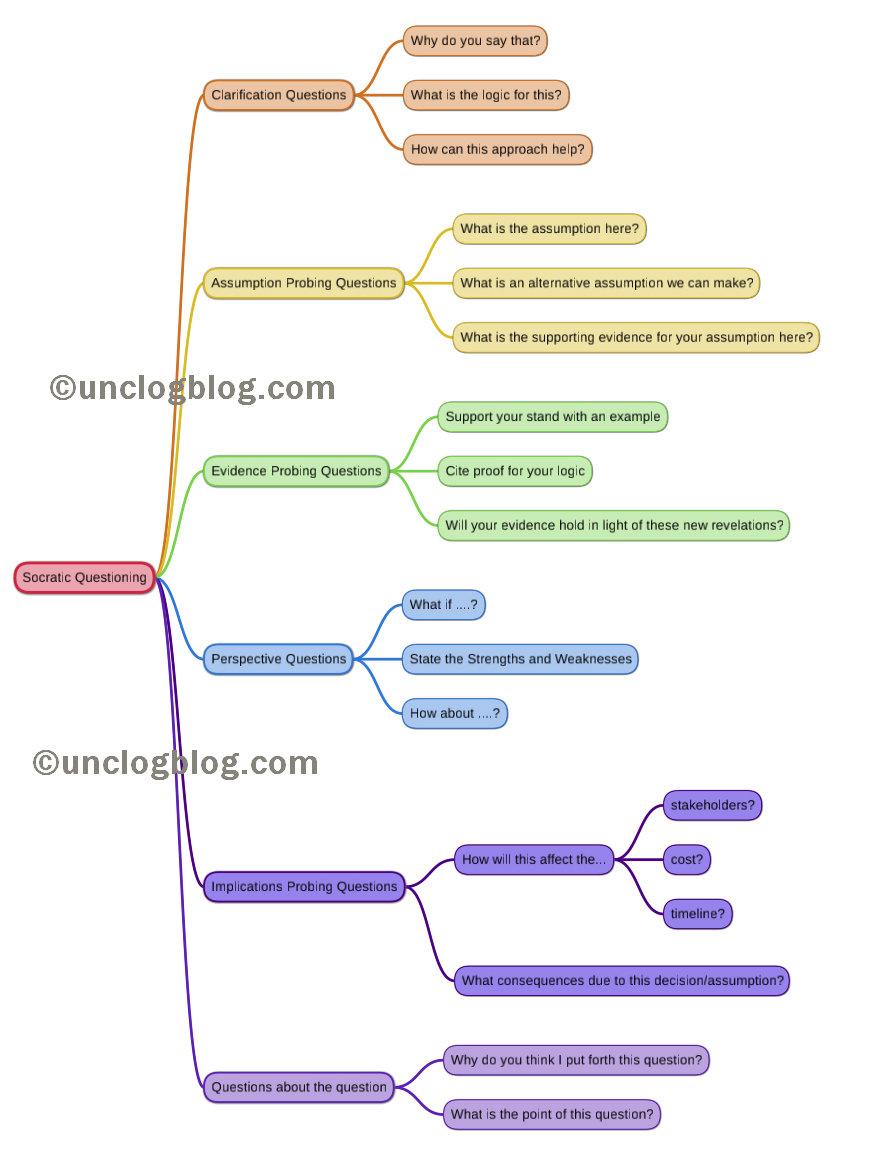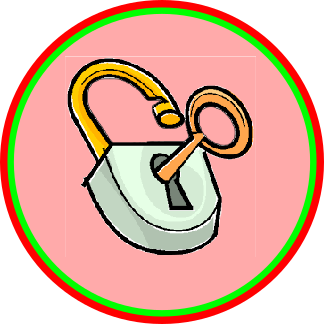Socratic questioning method is a mode of questioning that lends a scientific angle to the process of questioning. It was popularized by the Greek scholar, Socrates and hence the name.
Listen to this
A teacher from my high school days was famous for his questioning style. Kids avoided answering him. They knew all too well that answering him was an invitation for interrogation.
The teacher used to question the student in every aspect of the answer. The student without exception was subjected to a rigorous round of ‘Why this?’, ‘Why that?’, ‘How sure are of this?’. No wonder, he was much loathed among students.
However, today as I teach, I frequently employ a method similar to my teacher’s method – The Socratic method questioning method.
Table of Contents
What is the difference between regular questioning and the Socratic style of questioning?
Regular questioning per se involves asking questions with an end objective in mind. However, Socratic questioning does not start with an end objective in mind. Regardless of the outcome, the questioning strives to develop critical thinking skills among the students.

When is Socratic questioning best employed in a classroom setting?
It is best employed when you wish to
- Engage the class to discover the answer themselves.
- Kindle a debate in the class on a burning issue.
- To brainstorm ideas and critically examine them to arrive at the best-suited ones.
- Make students appreciate an alternative side to a problem.
- To enhance critical thinking skills among your students
. - Inspire creative thinking, out-of-the-box thinking.
How does Socratic questioning work?
Socratic questioning is based on the grounds that thinking is basically a structured process. A structured process can always be dissected logically to help
- get at the truth,
- unravel the underlying assumptions and
- question the logic on which the decisions are arrived at.
This process involves asking questions about 6 different types. The following infographic shows sample questions that make up the six question categories
- Questions seeking Clarification
- Assumption probing questions
- Questions that investigate the Evidence
- Perspective examining questions
- Questions that examine Consequences and Implications
- Questions about Questions

Socratic questioning example in a Classroom Setting
The following example of Socratic questioning involves engaging grade 9 students in a debate on ‘Poverty Eradication in India’. Students were divided into 2 groups and asked to present ideas on how the problem of poverty could be addressed in India. I acted as the moderator and the devil’s advocate.
One group presents the idea of doling out the basic needs ( the lowest strata of Maslow’s Hierarchical Needs Triangle) free of cost to Below Poverty Line (BPL) citizens/families.
The second group presents the idea of Minimum Basic Income deposited in every citizen’s bank account each month.
Questions Posed to the Teams
- Why do you think this will work well? (Clarification)
- Why do you restrict your idea to only the BPL families (Clarification)
- Are you assuming that BPL families will welcome this move? (Assumption)
- Are you assuming that taxpayers will accept this proposal? (Assumption)
- Is there evidence that this will lead to lowering poverty? (Evidence)
- Can the central government treasury bear the burden? (Evidence)
- What if a percentage of BPL citizens refuse to be part of the program? (Perspective)
- What if the BPL family sells off the food and materials to a third party? (Perspective)
- What will be the consequence of this on the Above Poverty Line families? (Implication)
- What will be the consequence of this program in the eyes of the International community? (Implication)
- Why should we be worried about the consequence of this program? (Question)
On a concluding note, the Socratic questioning method can be a powerful tool to develop critical thinking skills among youngsters.


1 thought on “Socratic questioning method in classrooms”